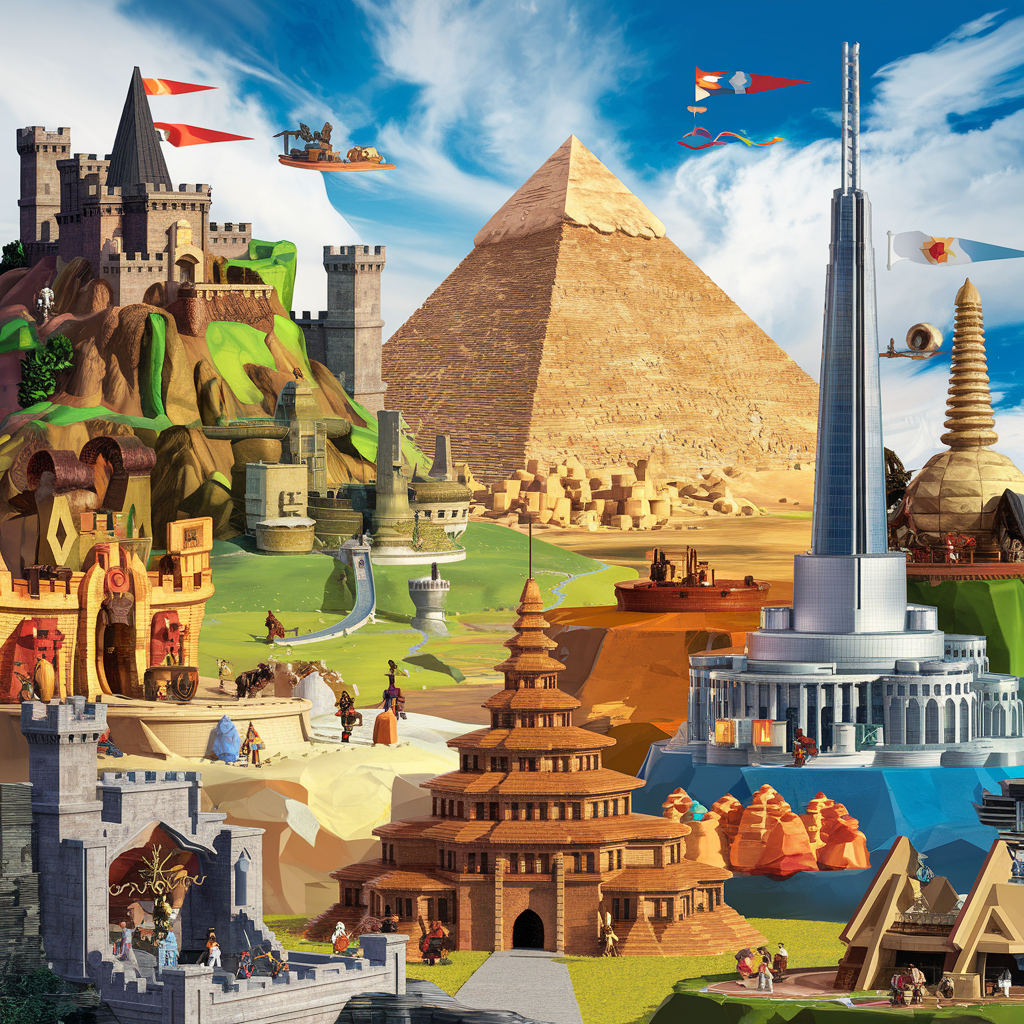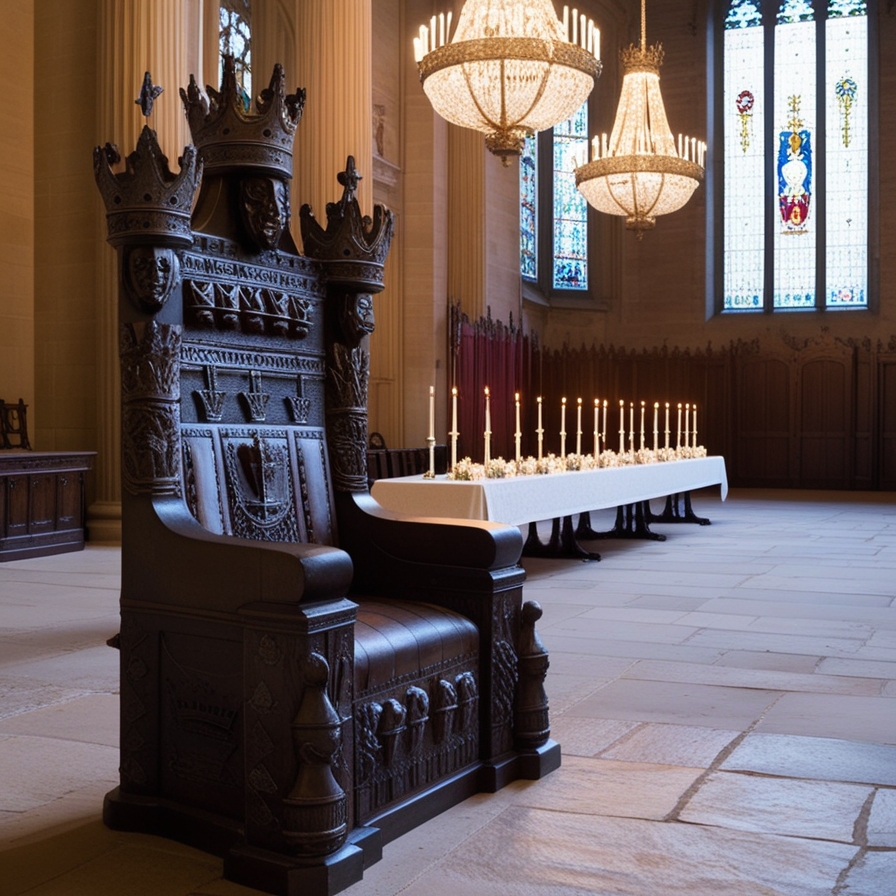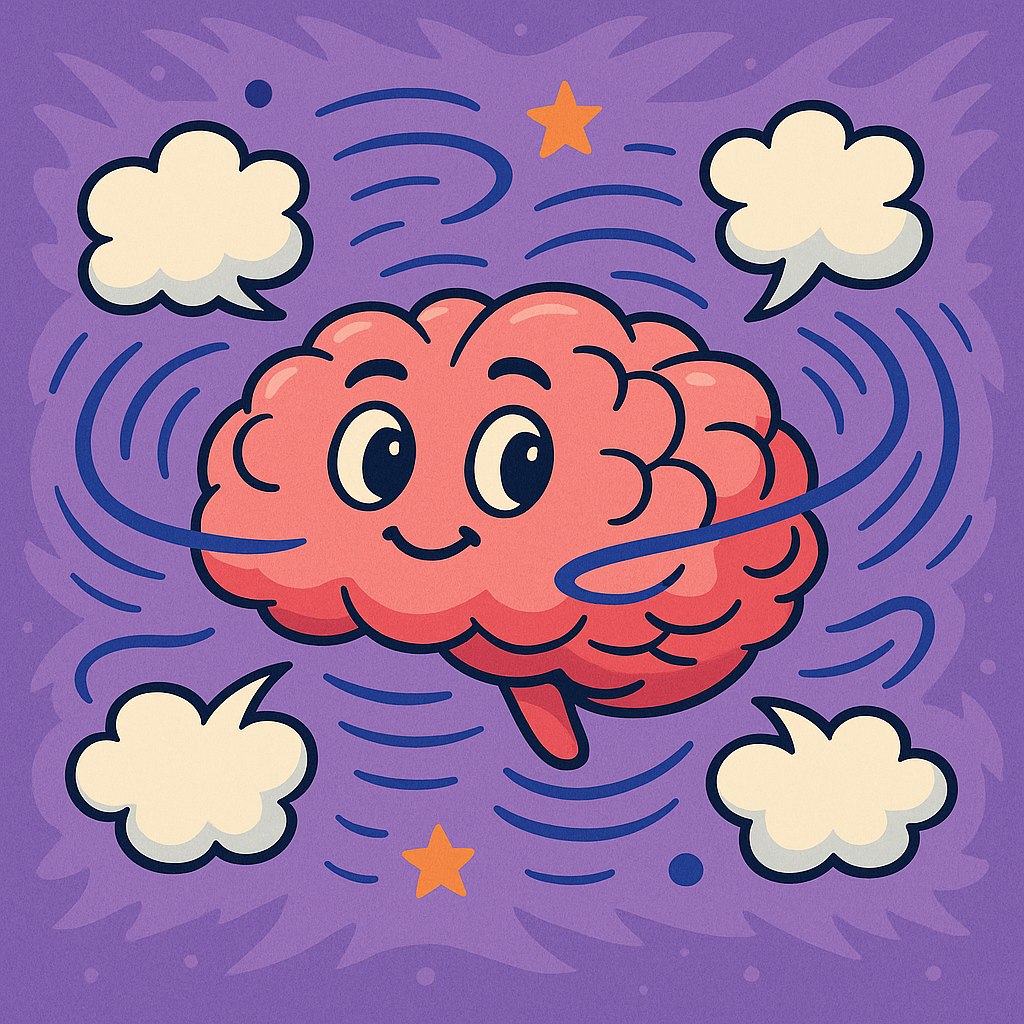By Christopher Dryden
In the beginning God created the heavens and the earth.
Genesis 1:1 NLT
Yours, O Lord, is the greatness and the power and the glory and the victory and the majesty, for all that is in the heavens and in the earth is yours. Yours is the kingdom, O Lord, and you are exalted as head above all.
1 Chronicles 29:11 ESV

Welcome to the Kingdom: From Eden to Eternity series.
Kingdom - it's about who rules - it’s about the power struggle.
People are turned off from talking about politics because the term gives images of something murky, hypocritical and messy. Yet the nature of politics looks at the issue of how power is exercised. The issue of the exercise of power is very basic. Your physical set-up is based on power. The power of thought. The power of movement. The power of speech. The power of the will. You get to exercise those things to varying degrees depending on several factors, and you live in a world that can often encourage you to feel you have the power.
This is why talk of a kingdom in the modern world is seen as a bit old-fashioned and outdated. While kingdoms are not the regular manner of operation in much of the Western world, the issue of rule has now sought to be seen that everyone can have their say and exercise their ability in democracies. The power is given to representatives of the people and gives the impression that people rule. Yet even that can often be seen to be a smokescreen for systems that centralise power among a few who can weave narratives that delude individuals and influence them to merely accept forces greater than them and reduce the voice they believe they have to mere whispers against the storm of inevitability.
One of the important aspects of understanding God is to understand that He rules. He is the first expression of power. That power is seen in creation. That power is seen in restoration. That power is seen in relationships. That power is seen in all His interactions with His creation. When His Son walked the earth and taught His disciples to pray, the heart was about the rule of God. When the apostles shared the good news and made disciples, it was on the instruction that disciples were taught about the commands of the King to learn them, obey them and then teach others to do the same.
It does not fit the kind of power dynamics that dominate society in one form or another. We see that in His relationship with Israel, where the powerful God of the universe deliberately connected Himself through a covenant relationship with stubborn, rebellious people who buckled and struggled to live under His rule but still benefited from His faithful commitment to them.
It did not diminish His power; it was the platform to express His power at its greatest when His Son displayed the rule of His Father and submitted Himself to the point of the Cross and then defeated death and now sits at the right hand of rule until the day when all the kingdoms of man will become the Kingdom of God. The entire outline of scripture can be read in terms of relationships; even those relationships are displayed in the context of the choice between two rules – the Kingdom of God or the Kingdom of darkness. To read scripture in the light of the rule of God defines and shapes our understanding of who God is, who we are and how we are to live in this world until Jesus returns.
Ask: Is the concept of a Kingdom something that makes sense to you in the 21st Century? Give reasons for your response.
Seek: What thoughts come to mind when you think about the Kingdom of God?
Knock: Meditate on the phrase – Your Kingdom come; your will be done on earth as it is in heaven. Thank God for His coming Kingdom.





